Chairman of the Economic and Financial Committee Phan Van Mai:
There needs to be a mechanism that is open enough, strong enough and easy to implement to mobilize resources for educational development.
Regarding the draft Law amending and supplementing a number of articles of the Law on Education, it is recommended to review, supplement and clarify further the relationship between the State and educational institutions. Depending on the level of this relationship, more autonomy should be granted, linked with accountability. The higher the university level, the clearer and stronger the delegation of authority should be. The draft Law has not yet clearly and fully demonstrated this, so it is necessary to continue to review and supplement it.
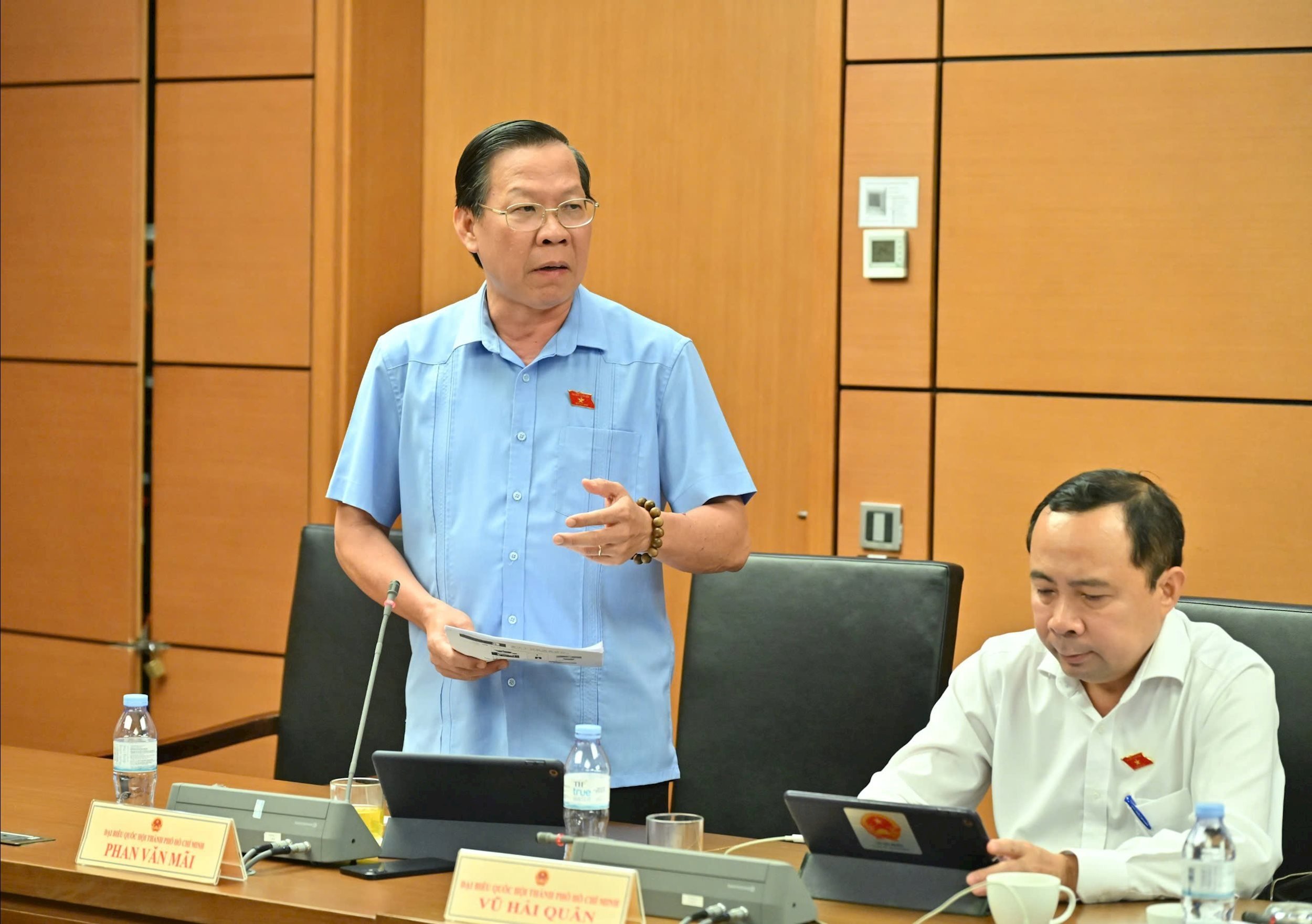
The Draft Law also needs to add more easily implemented and stronger mechanisms to encourage cooperation between educational institutions, especially higher education and vocational education, with the labor market and with enterprises. We cannot use only budget resources to develop education in general and vocational education and higher education, but must mobilize larger resources outside the budget. Therefore, there must be mechanisms that are open, strong and easy to implement in the relationship between educational and training institutions and the market, specifically enterprises.
The Party's resolutions have mentioned the task of promoting the policy of building a learning society and developing lifelong learning. However, the draft Law has not yet reflected this content; it has not yet studied and absorbed the "lifelong learning" model in the world . We should absorb the main ideas to gradually institutionalize the idea of "lifelong learning". This is not only to share resources for the education and training sector but also to contribute to promoting the tradition of studiousness, forming new energy in this traditional strength.
National Assembly Delegate Bui Thi Quynh Tho (Ha Tinh):
Need to clarify financial mechanism for spending on higher education institutions
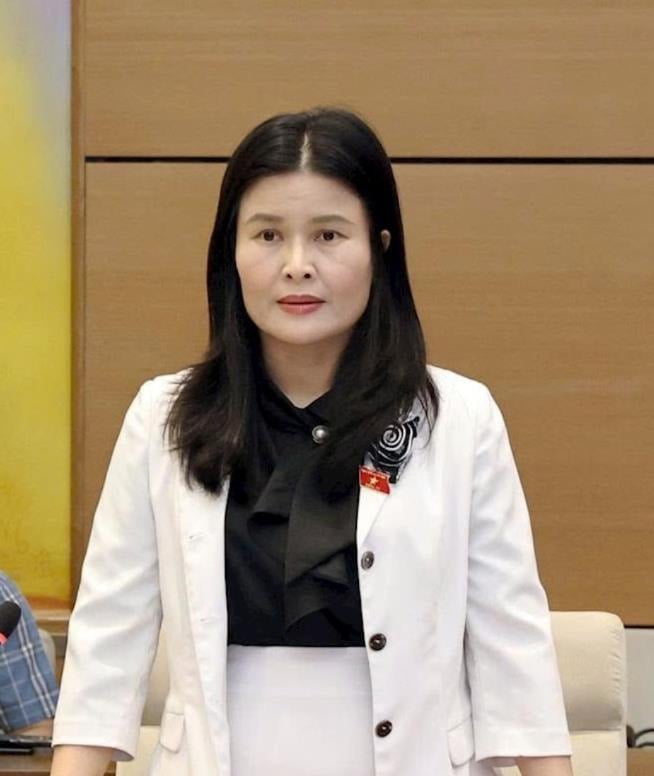
According to Clause 1, Article 38 of the draft Law on Higher Education (amended), it is stipulated that: “State budget expenditure for higher education is allocated to higher education institutions based on mission, quality, and efficiency according to a unified mechanism throughout the system”. While Article 38 of the draft Law stipulates the financial mechanism for higher education, it does not distinguish the financial mechanism for public and non-public institutions. Therefore, it is necessary to clarify the content of this expenditure.
In fact, higher education institutions develop their own missions and visions. These missions and visions often exceed the existing capabilities of the higher education institution. So how are the issues of quality and efficiency determined when receiving allocations from the state budget? This issue, applied to public higher education institutions, is qualitative and difficult to determine. So how does it apply to non-public higher education institutions?
In addition, at Point a, Clause 2, Article 38 of the draft Law stipulates: the state budget guarantees or supports funding for training human resources in a number of sectors and fields according to the mechanism of "Guaranteing funding for training teachers, human resources in arts, sports and sectors in priority and specific fields according to regulations of the Government".
The provisions in the draft Law do not ensure comprehensiveness, because they only mention ensuring funding for training human resources in the fields of arts and sports. On the other hand, for non-public higher education institutions, training activities in these fields depend on market demand and do not use the state budget. Therefore, it is proposed to adjust in the direction that the state budget only ensures training funding for teachers and human resources working at public higher education institutions in fields in priority areas according to the Government's regulations.
In addition, Point a, Clause 3, Article 38 of the draft Law stipulates that the Government shall specify in detail the content of "The tuition fee ceiling and the method of determining tuition fees according to the principle of sufficient cost coverage, with reasonable accumulation, linked to training quality" (including both public and non-public higher education institutions). And Clause 1, Article 40 of the draft Law stipulates that "Private higher education institutions are entitled to exercise financial autonomy and autonomy in deciding on revenue and expenditure levels...".
These regulations may lead to conflicts and difficulties in implementation when the tuition ceiling is set by the Government but private higher education institutions are allowed to decide on their own collection levels (including tuition fees). Therefore, it is necessary to study and adjust to ensure feasibility in implementation.
National Assembly Delegate Ma Thi Thuy (Tuyen Quang):
Ensuring independence and transparency in the textbook appraisal process
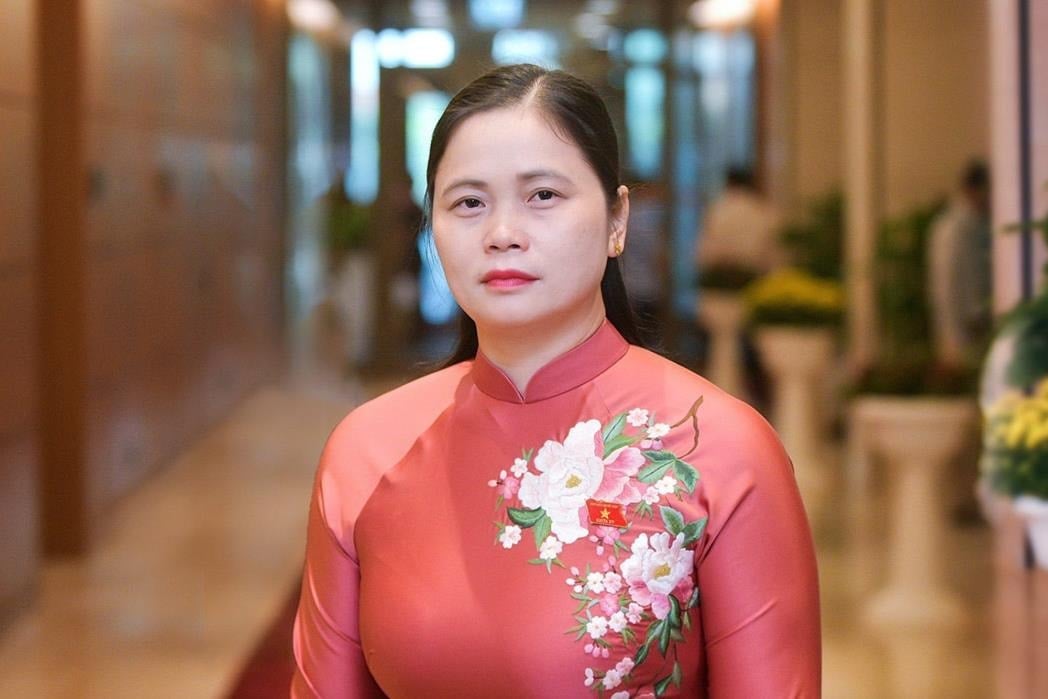
In Clause 8, Article 1 of the draft Law amending and supplementing a number of articles of the Law on Education, there is a provision amending and supplementing Article 32 of the current Law on general education textbooks and local educational materials. I agree with the State's policy of providing a unified set of textbooks nationwide, ensuring fairness in access to education, especially in remote areas, ethnic minority areas, and mountainous areas - where economic conditions, facilities and teaching staff are limited.
The Draft Law stipulates that the National Council for Textbook Appraisal is reasonable. However, there should be regulations to ensure independence and transparency in the appraisal process, avoiding the situation of both "management" and "appraisal". There should be clear standards for council members, giving priority to experts and experienced teachers who have no interests related to publishers. There should be additional regulations on publicizing appraisal results and widely collecting opinions from the grassroots - especially teachers who directly teach.
The draft Law gives the authority to the Provincial People's Committee to approve local educational materials instead of the previous Ministry of Education and Training. This is consistent with the policy of decentralization, delegation of power, and promotion of local initiative. However, to avoid overlap and ensure quality, it is necessary to clearly stipulate the content limits of local educational materials to only educate about the history, culture, geography, and socio-economic characteristics of the locality; not duplicate, not replace national textbooks. At the same time, it is necessary to supplement the regulation that the Ministry of Education and Training issues a unified guidance framework on the structure, content, and method of compiling local materials.
Along with that, it is recommended to strengthen independent assessment and periodic inspection of the use of local educational materials, avoiding content that is localistic, distorted or causes historical and cultural misunderstanding.
Source: https://daibieunhandan.vn/thuc-day-xay-dung-xa-hoi-hoc-tap-va-phat-trien-hoc-tap-suot-doi-10392495.html



![[Photo] Da Nang: Shock forces protect people's lives and property from natural disasters](https://vphoto.vietnam.vn/thumb/1200x675/vietnam/resource/IMAGE/2025/10/22/1761145662726_ndo_tr_z7144555003331-7912dd3d47479764c3df11043a705f22-3095-jpg.webp)
![[Photo] General Secretary To Lam and his wife begin their official visit to Bulgaria](https://vphoto.vietnam.vn/thumb/1200x675/vietnam/resource/IMAGE/2025/10/23/1761174468226_tbtpn5-jpg.webp)
![[Photo] Comrade Nguyen Duy Ngoc visited and worked at SITRA Innovation Fund and ICEYE Space Technology Company](https://vphoto.vietnam.vn/thumb/1200x675/vietnam/resource/IMAGE/2025/10/23/1761174470916_dcngoc1-jpg.webp)

![[Photo] Award Ceremony of the Political Contest on Protecting the Party's Ideological Foundation](https://vphoto.vietnam.vn/thumb/1200x675/vietnam/resource/IMAGE/2025/10/22/1761151665557_giaia-jpg.webp)
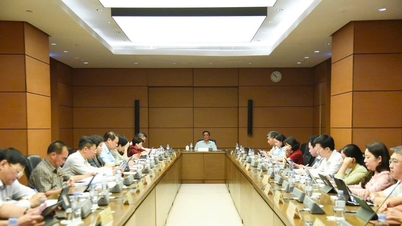
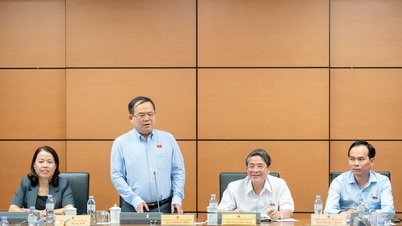
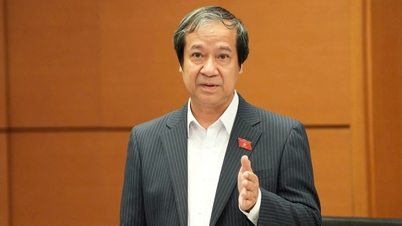

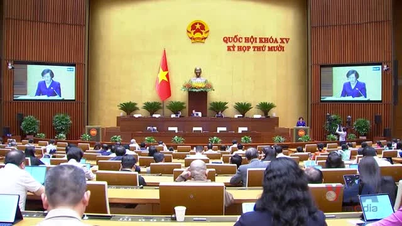

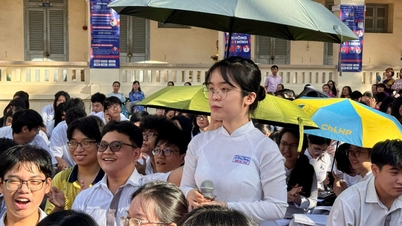

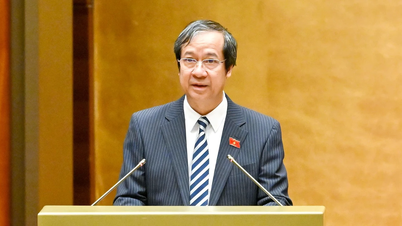

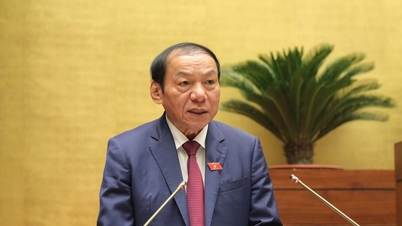
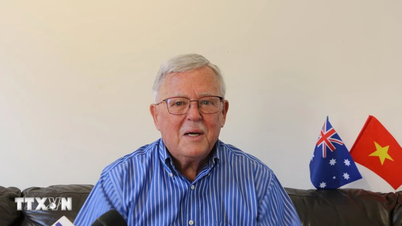
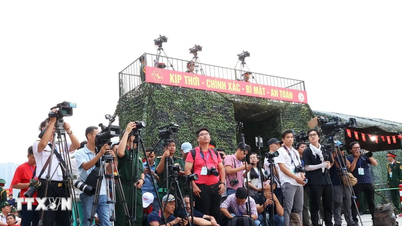
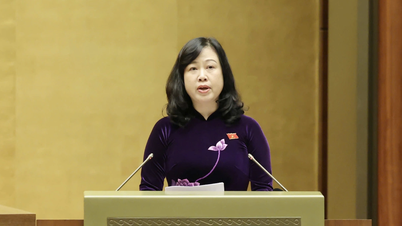
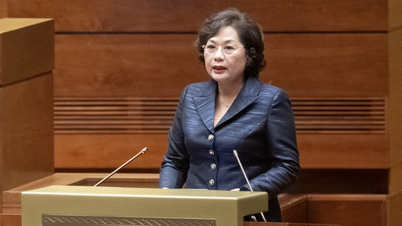




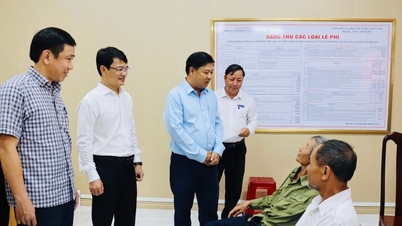















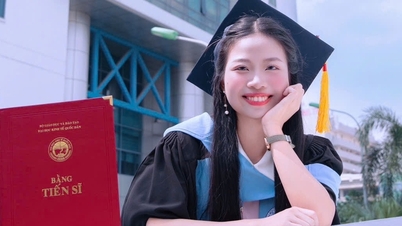








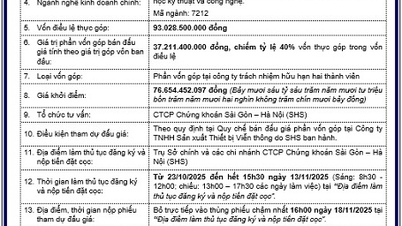

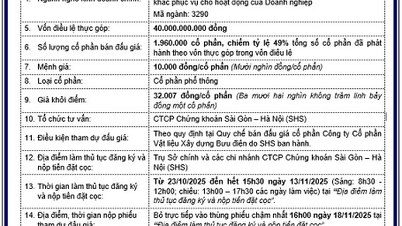

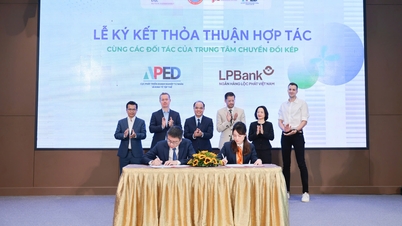














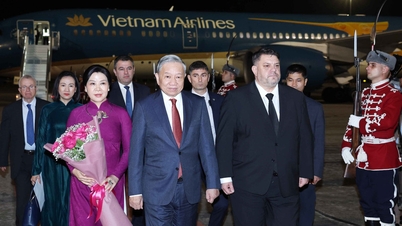


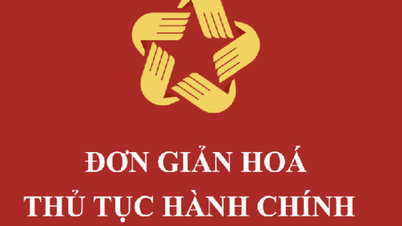


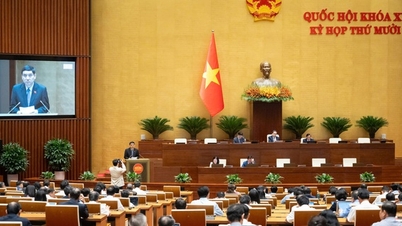


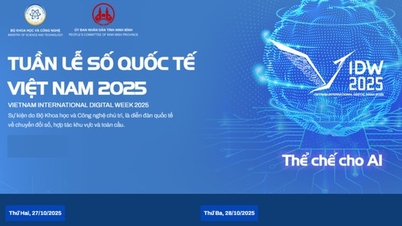

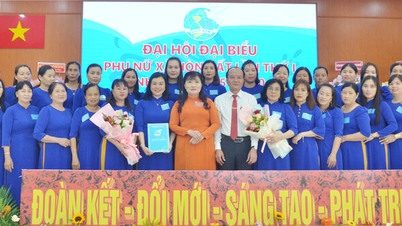



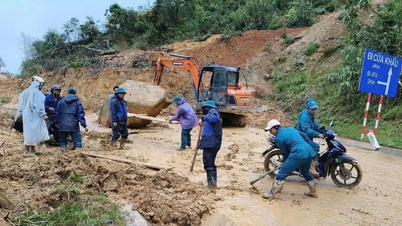

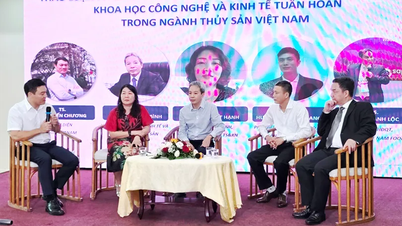

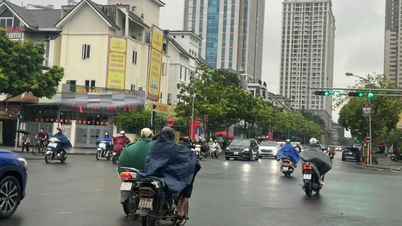

















Comment (0)